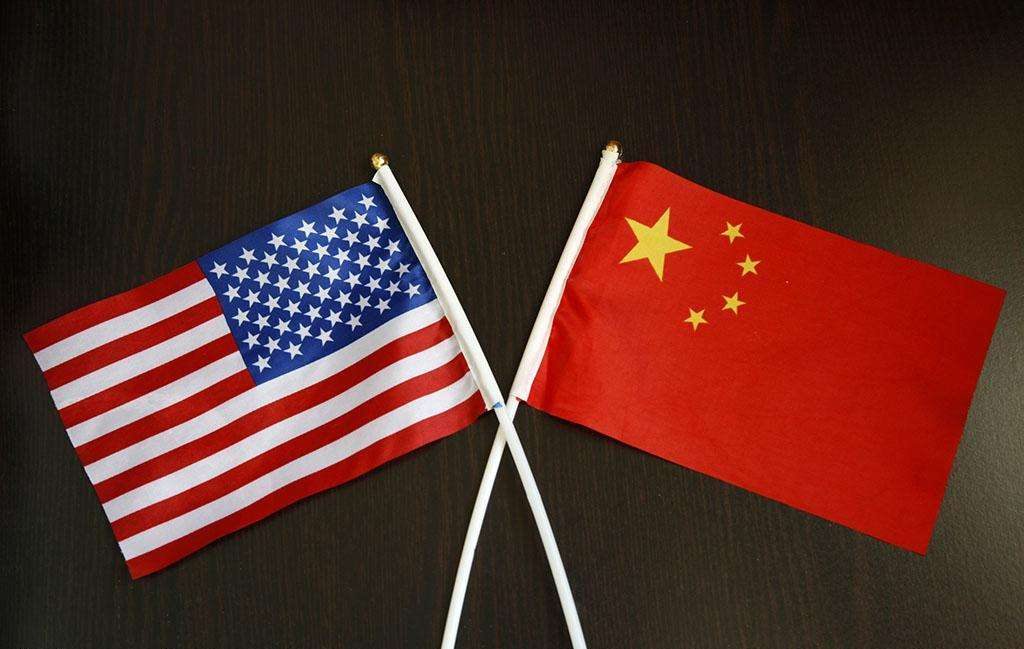
The Wall Street Journal reported that the U.S. and China moved closer to imposing tariffs on one another as negotiators made little progress in talks and Beijing threatened that it won't abide by a deal on farm and other products if the U.S. goes ahead with sanctions. U.S. Commerce Secretary Wilbur Ross and Liu He, China's economic czar, led the weekend negotiations in Beijing, after several days of talks by lower level officials. Discussions centered on getting China to carry out recent promises to buy more American farm and energy products. White House statements last week that it plans to impose tariffs on $50 billion in Chinese goods and other penalties clouded the talks, causing Chinese officials to dig in their heels, according to people with knowledge of the discussions from both sides. "Before committing to anything, the Chinese side wants assurance that Washington won't go ahead with its tariff threats," said one of the people. A statement released Sunday by China's official Xinhua News Agency said both sides achieved "concrete progress" in areas including agriculture and energy but details are yet to be hammered out. "If the U.S. introduces trade sanctions including tariffs," the statement added, any results from the negotiations "won't go into effect." That means China would not only back out of any purchasing agreements with the U.S. but also retaliate for any U.S. sanctions, Chinese officials said.
The Wall Street Journal says that the Trump administration showed no sign of backing down from restrictive tariffs in the face of pushback from allies and China over the weekend, isolating the U.S. and complicating the president's meeting later this week with leaders of Washington's staunchest partners. Top finance officials from the Group of Seven leading nations met in Canada, where the non-U.S. members issued a public rebuke of Washington's new steel and aluminum tariffs. Those six—the host Canada, along with France, Germany, the U.K., Italy and Japan—adopted a formal statement Saturday expressing their "unanimous concern and disappointment." The following day in China, Beijing said it wouldn't abide by any agreement to buy more U.S. products without assurances that the U.S. wouldn't go ahead with plans to hit it with tariffs on $50 billion on Chinese imports. But even with retaliatory moves under way in China as well as in Europe and North America, there was no sign over the weekend that the administration was wary of inching closer to a trade war... The disputes come just as the Trump administration has its arms full of difficult negotiating tasks. Most immediately, Mr. Trump himself now must face leaders of countries who have termed his policies extreme, unwise and in some cases illegal when he arrives in Quebec for a summit of G-7 heads of state scheduled for Friday and Saturday.That will be followed by a planned summit with North Korea in Singapore just three days later, on June 12. Mr. Trump also is facing European opposition to his push to rewrite the 2015 Iran nuclear deal, and is planning for a summit with Russian President Vladimir Putin.
- 2018-06-01 Chinese stocks make symbolic debut on widely followed index
- 2018-05-31 US admiral says China is Asia's biggest long-term threat
- 2018-05-30 China says it will protect its interests from 'reckless' US trade threats
- 2018-05-29 Ross goes from Trump ‘killer’ to ‘past his prime’
- 2018-05-28 For Trump, the Challenges From China Multiply
- 2018-05-27 US presses China to sign long-term import contracts
- 2018-05-25 Trump Levies Would Hit Other Asia Economies Harder Than China's
- 2018-05-24 The Trump presidency is a win for China
- 2018-05-23 Trump Blames China’s Xi Jinping for Sabotaging the Kim Jong Un Summit
- 2018-05-22 There's no deal with China on ZTE, and I'm not satisfied with trade talks
- New York Times US-China Trade Talks End in an Impasse
- slate.com China Warns Any Progress on Trade Talks Would Be Nixed if US Imposes Tariffs
- www.politico.com China warns Trump's tariffs could implode trade talks
- Reuters China says it regrets EU's WTO action over patent rights
- The Washington Post China increasingly challenges American dominance of science
- Bloomberg China Warns US of Trade Pullback
- Bloomberg China Banks' Waning Demand Suggests More Corporate Bond Defaults
- Bloomberg Kudlow Blames China for Trade War
- Financial Times Myanmar reviews $9bn China-backed port project on cost concerns
- Reuters China launches $16 billion fund to boost Yangtze integration: Xinhua
- www.straitstimes.com France urges countries to respect international law in South China Sea
- www.npr.org What China Wants On Trade And North Korea
- The Guardian The rust belt is being sold a lie – China has funded US spending
- Wall Street Journal The Other China Challenge
- Bloomberg Asia Sees China, and US, as Threats to Rules-Based Order
- AXIOS.com The big picture: American products that now face Trump's trade war
